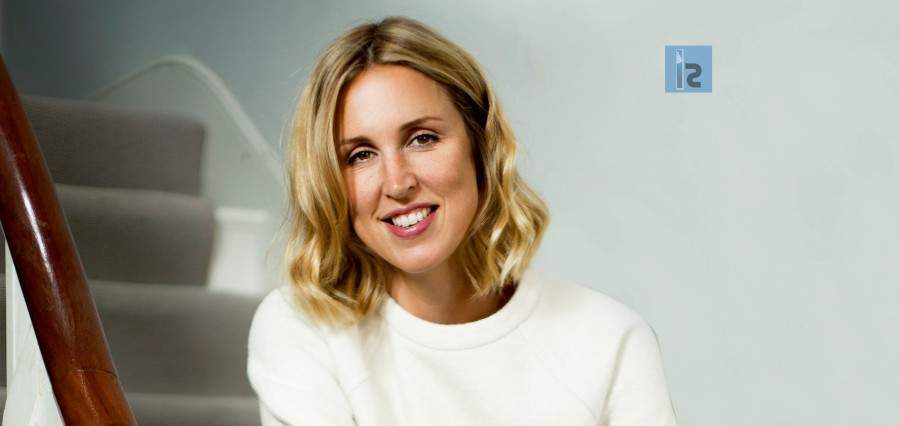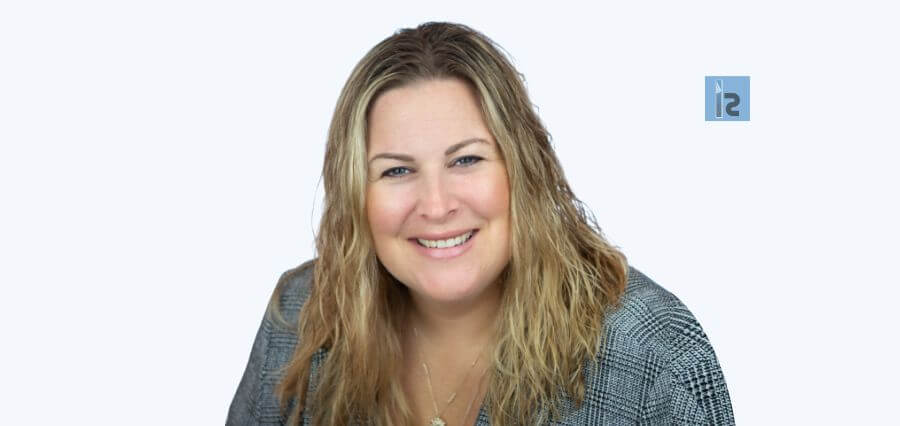The world is finally waking up to the single-use plastic crisis. Over the last 10 years we have created more plastic than the whole of the last century combined. Half of the plastic we create is used just once, and then thrown away, taking 500 years to decompose. By 2050, the oceans are predicted to contain more plastic than fish. The plastic crisis is now too big for recycling alone to fix. The use of medical grade plastic materials is even more complex.
Global governments, businesses and consumers need to collaborate quickly to make impactful change before it’s too late. However, change is difficult when environmentally damaging habits have become so entrenched and often appear more financially appealing.
Technology is helping in this fight. Reusable water bottles are now widespread, and apps that help you locate drinking water refill stations are now emerging. At the same time, reusable coffee cup technology is addressing the half a trillion disposable coffee cups discarded every year. Such items are gaining increasing social currency with consumers, who are keen to display them as markers of their environmental conscience. This revolution is encouraging, but what about the products that people aren’t so willing to talk about?
100 billion menstrual products are thrown away globally every year. These are single-use, mostly made of plastic and cannot be recycled. You can choose not to have a coffee, you cannot choose not to have a period. Reusable options (e.g. menstrual cups, cloth pads) have been on the market for decades, yet the adoption rate has been slow. The primary barrier to entry is the fear of habit change.
So how do we bring about a revolution? The answer is keep it simple. And take time to consider consumer psychology. As humans, we abhor change. We are creatures drawn towards the comfort of the known. By keeping habit change to a minimum, consumers are much more likely to adopt a new idea.
This was our philosophy at DAME when we created the world’s first reusable tampon applicator. We ensured the design was familiar and intuitive, so women did not have to compromise on their convenient, established rituals. We knew that hygiene could be a significant barrier to entry, so we worked with leading micro-biologists and medical engineers and used the best medical grade, antimicrobial materials on the market. As a result, the consumer only must rinse the applicator in cold water after use to keep it clean. Simple steps, minimal habit change.
However, it is challenging to tackle an issue that has such little awareness. Menstruation has historically been shrouded in shame, fear and discretion. It is not a topic openly talked about. This is a problem with feminine care as a whole: it is frequently dismissed and the women trying to address it are critically underfunded. In 2017 female founders got 2% of the $85 billion VC investment pot. About 8% of partners at the top British VC firms are women. According to Harvard Business Review, stereotypes about female entrepreneurs persist: women are overly cautious, shy away from growth, have insufficient resources and consequently their ventures underperform. Yet there is no performance data to support these stereotypes.
How are products used by women supposed to change in line with human and environmental needs, when they aren’t given appropriate recognition or have women involved in all stages of the process? Women need to be given more of a voice if we are to create meaningful change. The world of AI is already highlighting the need to diverse away from male, white, Western coders if we are to avoid unconscious bias in the robots of tomorrow. Amazon had to abandon an AI recruitment tool that was discriminating against women, instead favoring prospects who mirrored Amazon’s existing male engineer workforce. At DAME women have been involved in every stage of the journey, not as a token gesture but as an absolute necessity.
However, our overarching business strategy goes beyond issues of inclusivity to incorporate a wider mission. DAME was founded on the belief that business can be used as a force for good. We use this core value to guide every decision we make in the business, bringing great clarity to our route forward. By communicating our genuine and authentic commitment to this mission, we hope that our message will quickly be picked up by those eager to join a movement for change. To date, we have seen this happen not only with our consumers and the press, but with employees. People are increasingly drawn to companies doing good. 75% of millennials would take a pay cut to work at a socially responsible company.
All this strengthens our resolve at DAME to continue to tackle critical problems that are not openly acknowledged, that are significantly underfunded, and that have historically been controlled by giant monopolies. Today we are focusing on menstrual products, but our vision is to revolutionize the entire bathroom. These are big mountains, but having strong guiding principles makes the navigation much easier.” – Words by Celia Pool, Co-Founder of DAME



















